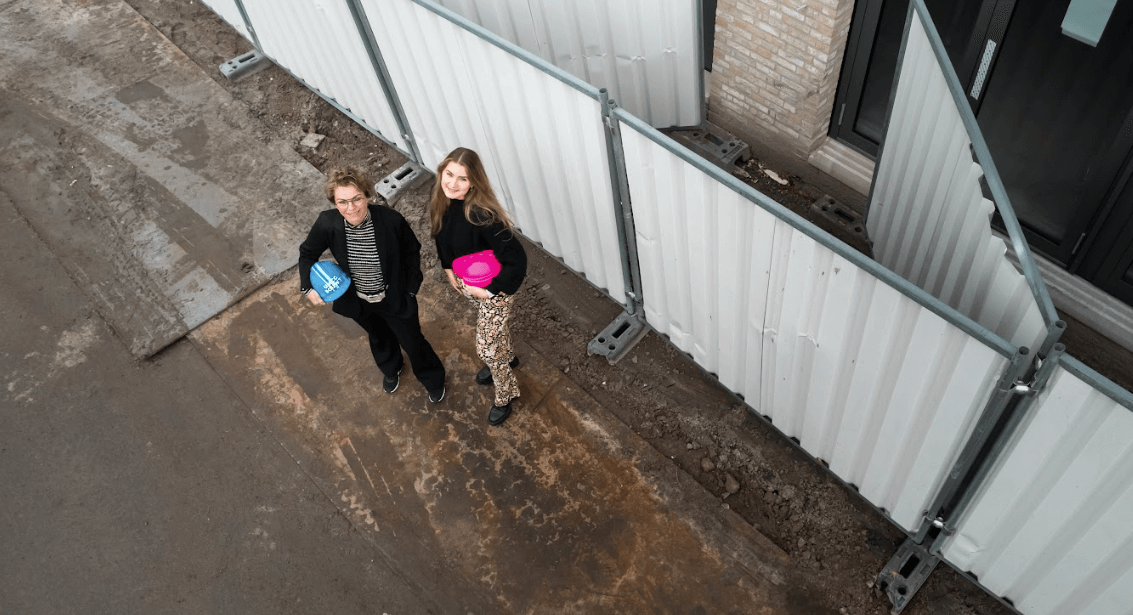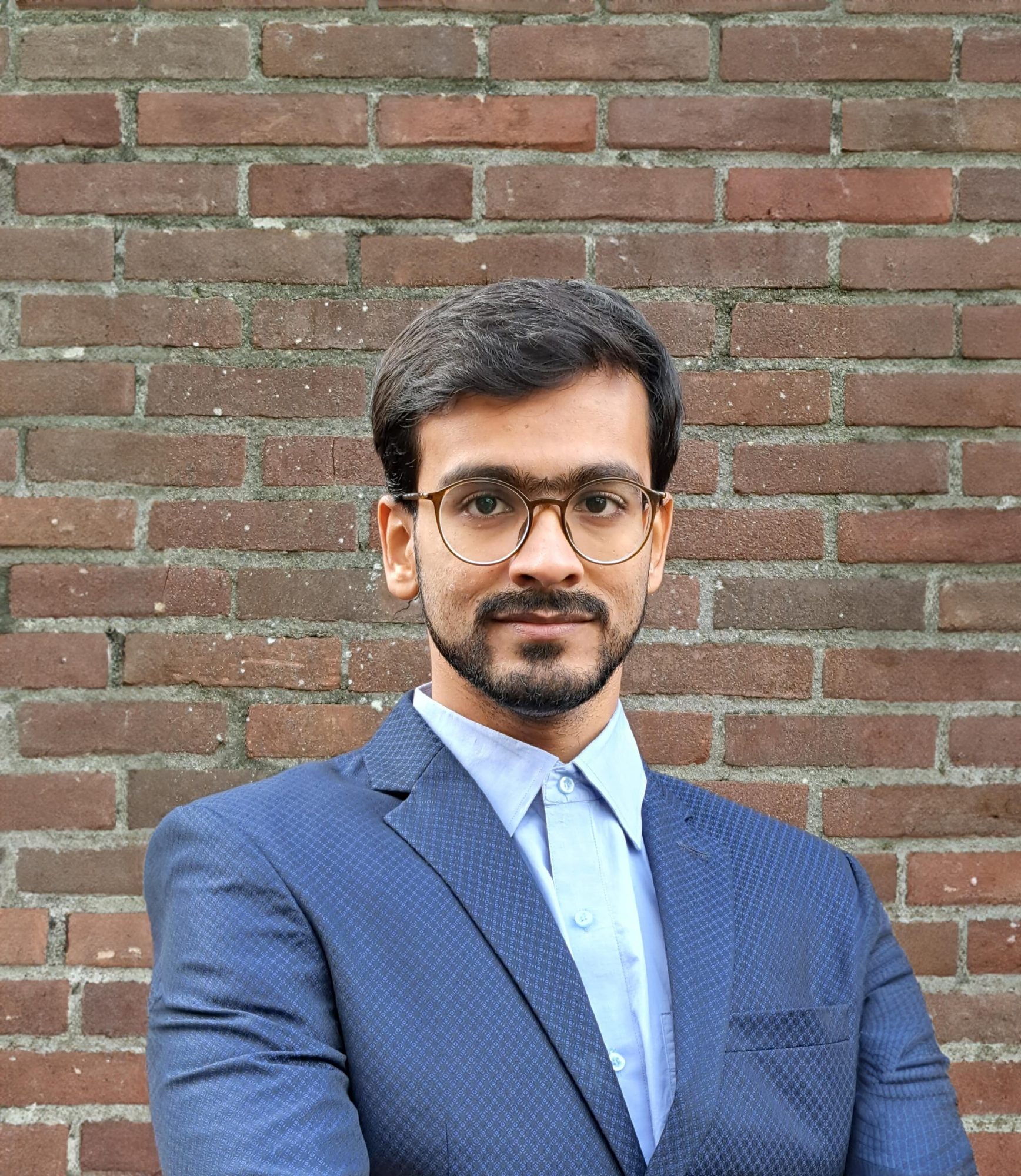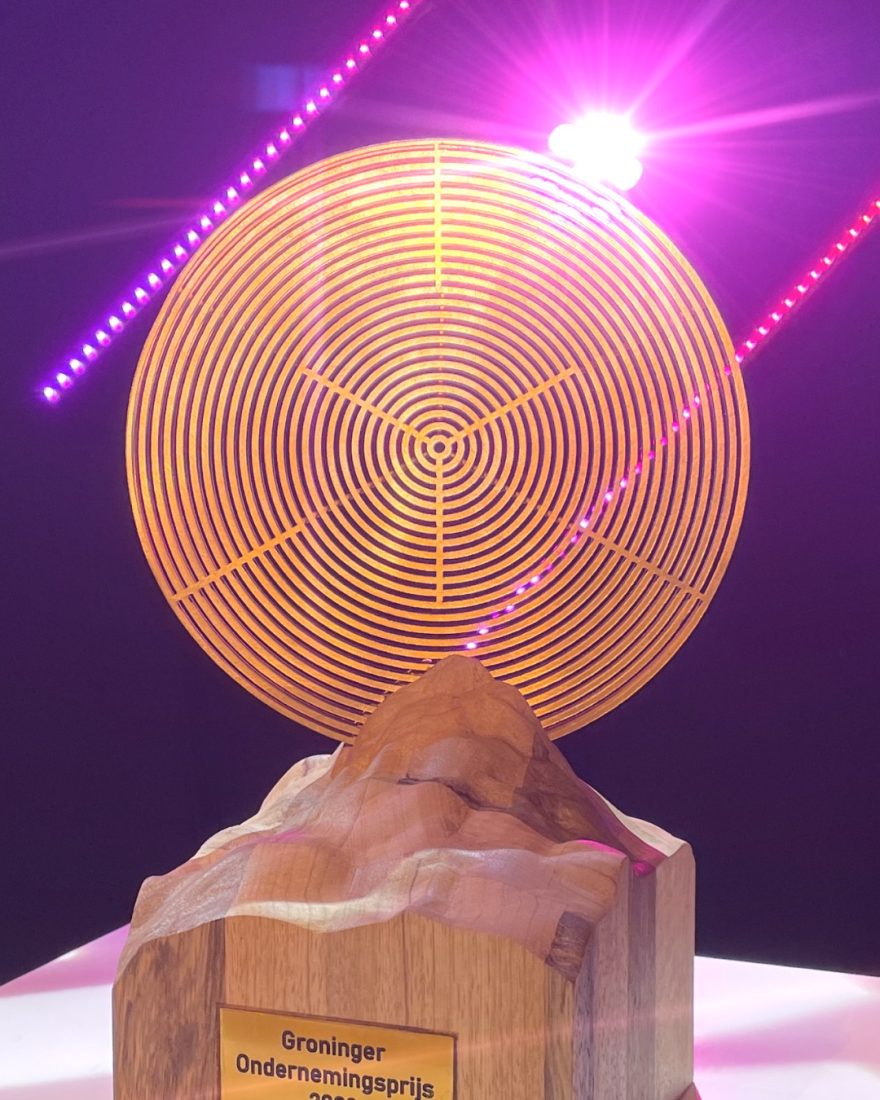PhD: Genetics (multi-omics integration and artificial intelligence for healthy ageing and patient stratification)

Project description
Heathy ageing and population stratification for individuals at high risk of developing diseases have been increasingly important in preventive medicine. The multi-disciplinary project aims to leverage bioinformatics and artificial intelligence techniques to engage large scale of omics and biomedical datasets (genetics, the gut microbiome, and multiple omics) to better identify individuals who at high risk of developing diseases and pinpoint molecular pathways that underlie healthy ageing. The project will be based on large amount of data collected in various human cohorts from Groningen, collaborators and publically available sources, including the LifeLines cohort, (www.lifelines.nl), the human functional genomics project (http://www.humanfunctionalgenomics.org), the UKbiobank (https://www.ukbiobank.ac.uk), the human phenotype project (https://humanphenotypeproject.org/home).
PhD students working on these projects will be expected to:
- Integrate and analyze the genomic-, metagenomic-, metabolomics- and proteomics datasets
- Perform big data analysis using advanced machine learning techniques
- Design, develop, implement and maintain new algorithms, applications and infrastructure components
- Summarize and report key analytical findings in both oral and written form at work meetings, at international scientific conferences and in scientific publications
Working environment
The research group, integrative omics in systems medicine, is led by prof. dr. Jingyuan Fu and affiliated in the Department of Genetics, the Department of Pediatrics and Groningen Microbiome Hub in the University Medical Center Groningen. The mission of the group is to develop innovative frameworks to understand host-microbe interactions in human health and disease. The group focuses on big data research and also devotes to the development of hiPSC-based organ-on-a-chip technology for personalized medicine. We offer an energetic, dynamic and international working environment with state-of-the-art laboratory and computing technology. High-performance computing clusters from UMCG and the University of Groningen are also available to support large scale data analysis. We also offer various learning opportunities for students to develop both scientific and personal skills.
What are looking for candidates with
- An MSc degree in relevant disciplines, such as human genetics, computer science, bioinformatics, statistics/mathematics, biomedical science.
- The candidate must be highly motivated and have excellent skills in mathematics, statistics, programming, algorithm and AI techniques.
- The candidate should be proficient in basic linux system and mast at least one programming language, such as R or Python.
- Excellent oral and written communication skills in English
- Prior experience with genetics, microbiome and (single-cell) RNAseq analyses is not required but is appreciated
- Prior experience with omics integration or AI-relevant projects is not required but is appreciated.
What do we offer
- A full-time PhD position for four years with a PhD examination. There is go-no-go evaluation after one year to decide whether there is sufficient progress to expect a successful completion of the PhD thesis.
- Your salary will be a minimum of € 3.017,- gross per month in the first year and a maximum of € 3.824,- gross per month (PhD scale) in the final year, based on a full-time appointment (36 hours a week). In addition, the UMCG will offer you 8% holiday pay, and 8.3% end-of-year bonus. The conditions of employment comply with the Collective Labour Agreement for Medical Centres (CAO-UMC).






